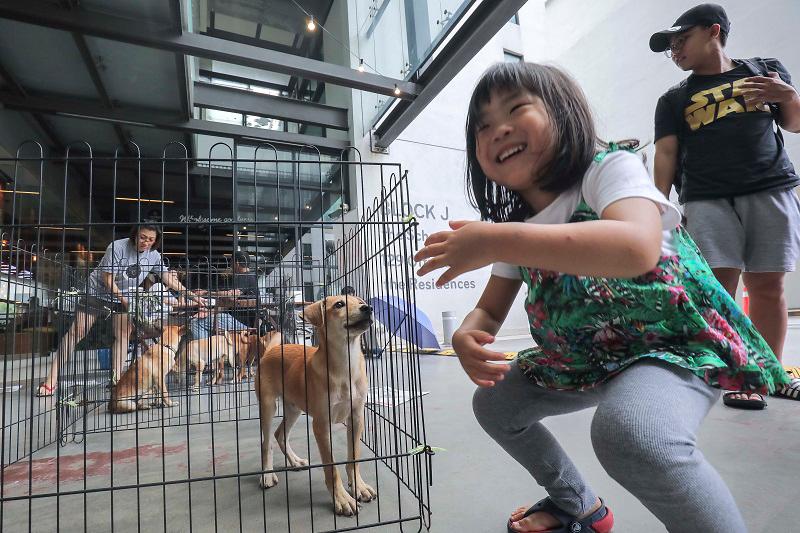PETALING JAYA: Malaysian Animal Welfare Association (Mawa) vice-president Dr Praveena Nair Sivasankaran has called on the public to join forces and work together to tackle animal welfare concerns.
She said Malaysians must unite to build a world where no animal is left abandoned or neglected, and where everyone acknowledges the deep impact they have on people’s lives.
“It is essential that we promote responsible pet ownership and prioritise adoption over buying pets to reduce the demand for purebred dogs and cats.
“With some six million stray dogs and five million stray cats in Malaysia alone, we need meaningful change spearheaded by the government and a commitment from the community.”
Praveena said many people are still divided on how to tackle the stray animal population, and waste time debating on who performed the best rescue work, which renders the term “animal rescuer” meaningless since it merely inflates individual egos.
Praveena, who is Taylor’s University School of Enginnering senior lecturer and Clean Technology Impact Lab deputy director, has rehomed some 40 to 50 puppies and kittens and around 20 adult dogs over the past few years.
She recently rescued an injured dog on the fast lane of the Damansara-Puchong Expressway. The dog, which had a collar and leash, was possibly run over by a motorcycle. It had leg injuries, which caused significant bleeding, and a fractured jaw.
“I named him Aadhi which means ‘the beginning’. The initial veterinary bill was around RM1,600. The veterinarian also discovered that Aadhi had a hereditary disorder called patella luxation in both knees and unilateral cryptorchidism, which is a congenital condition involving male genitalia.
“Fixing the patella cost me about RM8,000. We are waiting for his knees to heal before neutering him, and this will be another significant expense,” she said.
Praveena said she began engaging with animals after her marriage, as her husband is also an animal lover.
“I had never touched a dog before the age of 30, but after marriage, our shared passion for animal welfare became an integral part of our lives.”
Initially reluctant to be interviewed, she said her animal rescue work is motivated purely by a sense of responsibility and not a desire for recognition.
“It’s just the right thing to do. Each animal we help teaches us invaluable lessons about life, humility, and resilience. We never considered or called ourselves rescuers or people who save animals.
“Every time we encounter animals needing help, we feel like they have rescued us as we learn a lot from them, such as humility, resilience, and passion to love and appreciate more of life,” she said.
As a lecturer, Praveena considers her job as an opportunity to educate countless students on the importance of animal welfare.
“I integrate animal welfare into my lectures whenever possible, and have organised humane trap competitions and shelter visits. Teaching compassion for animals is crucial to fostering empathy and responsibility in future generations.”
Praveena said the biggest challenge has been balancing the financial and emotional demands of rescue work.
Initially, she faced an overwhelming number of abandoned animals, which led to depleting finances and inexplicable anguish. This took a toll on her and she now focuses on what she can manage.
“The need to house animals during their recovery is also challenging, as many boarding places require them to be fully vaccinated. My experience underscores the importance of systemic change, such as implementing trap-neuter-release policies and humane intervention by local councils to address the stray issue,” she said.









